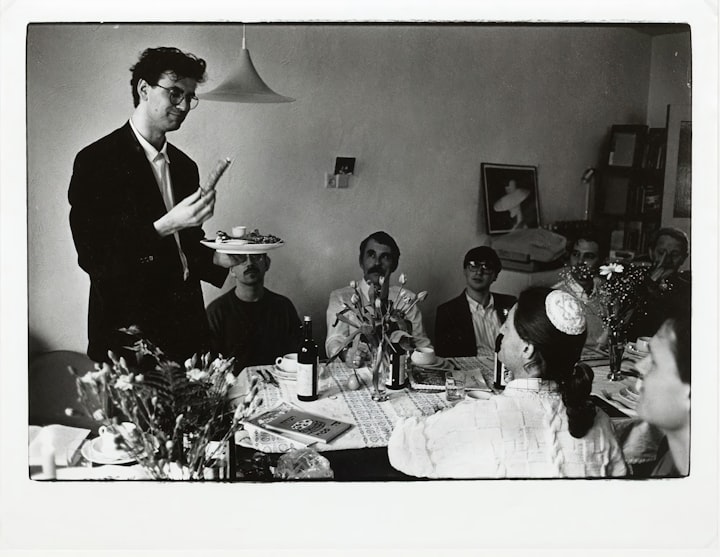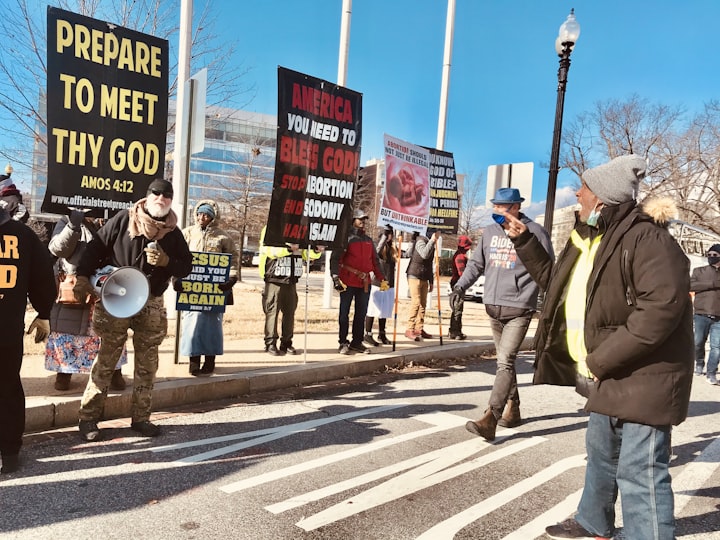Simon says of his musical quest “Im looking for the edge of what you can hear.”
Simon says, of his musical quest, “I’m looking for the edge of what you can hear.”Illustration by Lou Benesch
Save this story
On January 15, 2019, Paul Simon dreamed that he was working on a piece called “Seven Psalms.” He got out of bed and scribbled the phrase—alliterative, ancient-feeling—into a spiral notebook. From then on, Simon periodically woke between 3:30 and 5 a.m. to jot down bits of language. Songwriters often speak about their work as a kind of channelling—the job is to be a steady antenna, prepared to receive strange signals. Some messages are more urgent than others. Simon started trying to make sense of what he was being told.
This month, Simon, who is eighty-one, released “Seven Psalms,” his fifteenth solo album. It’s a beautiful, mysterious record, composed of a single, thirty-three-minute acoustic track divided into seven movements. Simon’s soft, neighborly voice has yet to be shredded by age or hard living, and its sustained tenderness makes me feel as though everything is going to be O.K. His long discography contains threads of sorrow (“Hello darkness, my old friend,” the gloomy opening line of “The Sound of Silence,” from 1964, has been adopted as a meme), but just as many moments of levity and gratification. Despite being a songwriting virtuoso, Simon tends toward understatement, and his lack of vocal histrionics can make his music seem unusually (and deceptively) effortless.
“Seven Psalms” is a series of hymns, but somehow it feels imprecise to call the piece religious. When it comes to the fallibility of the body and the enigma of the spirit, Simon, who is Jewish, does not seem beholden to any one world view. In interviews, he has been adamant about the fact that his cosmology is not organized. “I’m not a doctor or a preacher / I’ve no particular guiding star,” he sings on “My Professional Opinion.” Instead, “Seven Psalms” is focussed on a more expansive, open-ended notion of God. Simon has described the piece as “an argument I’m having with myself about belief—or not.” Over and over, he imagines a divine presence, and then interrogates its borders. “The Lord is my engineer / The Lord is the earth I ride on, ” he sings on “The Lord.” He returns to the construction in a refrain, finding the sacred everywhere and nowhere:
The Lord is a puff of smoke
That disappears when the wind blows
The Lord is my personal joke
My reflection in the window
Outside religious spaces, posing the big questions—how we arrived here; what we’re supposed to do with the time we’ve been allotted—is generally considered the terrain of undergraduate philosophy majors and people who have gravely misjudged their tolerance for edibles. Western culture has tidied and sanitized the moments (childbirth, death) that truly force the inquiry. In the delivery room, a mother might only be granted a dazed hour to cradle her newborn before everyone is cleaned up and wheeled off. Death is medicalized; the deepest mourning happens mostly in private. Yet once you become awake to the puzzle of existence, via loss or its opposite, it can be extremely difficult to think about anything else. On “Love Is Like a Braid,” Simon sings of being undone by such an event:
I lived a life of pleasant sorrows
Until the real deal came
Broke me like a twig in a winter gale
Called me by my name
Partway through the verse, an elegant guitar figure is punctuated by a crash, signalling a moment of transformation. People who have endured a major loss—the real deal—often speak about feeling reborn in its wake. Simon is not explicit about what might have happened, but it seems he was left in a state of earnest wondering.
A trailer for the release of “Seven Psalms” includes footage from “In Restless Dreams,” a forthcoming documentary. In it, Simon talks about making music as reaching for something that might not be reachable; it might not even exist. For Simon, the riddle of his work—why, for example, a toy harmonica might sound better than a grand piano, or a major chord might do something a minor chord can’t—runs parallel to his spiritual quest. “I’m looking for the edge of what you can hear,” he says. “I can just about hear it, but I can’t quite. That’s the thing I want.” He pauses. “How do you get there?”
Simon has always been a seeker. In 1968, Simon & Garfunkel released “America,” a haunting song about being young, bewildered, and hungry:
“Kathy, I’m lost,” I said, though I knew she was sleeping
“I’m empty and aching and I don’t know why”
Over time, his concerns became more existential. On “The Only Living Boy in New York,” from 1970, he admits, “Half of the time we’re gone, but we don’t know where.” Pilgrimage, homecoming, and absolution became recurring themes. On “American Tune,” from “There Goes Rhymin’ Simon” (1973), he sings about death as a glorious release:
And I dreamed I was dying
I dreamed that my soul rose unexpectedly
And looking back down at me
Smiled reassuringly
The melody of “American Tune” was inspired by “O Sacred Head, Now Wounded,” a seventeenth-century hymn built around a medieval Latin poem that describes Christ’s body on the Cross. It’s not the only explicitly Christian material tucked into Simon’s discography. On “Getting Ready for Christmas Day,” a track from 2011, Simon lifts chunks of a sermon from the Reverend J. M. Gates, a Baptist preacher who released 78-r.p.m. records from the twenties to the forties. (In a 2011 interview, Simon tells a story about Paul McCartney showing up backstage after one of Simon’s shows and joking, “Aren’t you Jewish?”)
Even “Graceland” (1986) expresses a deep interest in, well, grace. The estate is protected by a white pearly gate; Elvis Presley and several of his family members are buried in a small cemetery adjacent to the mansion; fans send ephemera to decorate the graves. Simon sings of being pulled there by some preternatural force: “For reasons I cannot explain / There’s some part of me wants to see Graceland.” For me, the most interesting nod to religion comes on “The Obvious Child,” a propulsive, charismatic cut from “The Rhythm of the Saints” (1990). Simon sings:
And we said, “These songs are true
These days are ours
These tears are free,”
And hey
The cross is in the ballpark
The final line of the verse can be read in several ways. Perhaps Simon is suggesting that we’re capable of locating God in anything we love, including baseball. Perhaps he’s making a point about how religion is inextricably stitched into the cultural fabric of America. It may be an allusion to Pope Paul VI holding Mass at Yankee Stadium, in 1965. He could be saying that, although Christianity is not foolproof, it’s close enough. Or maybe he’s simply suggesting that faith—in the world, in ourselves—is always within reach. We’re never so far from mercy.






Comments
There are no comments for this story
Be the first to respond and start the conversation.